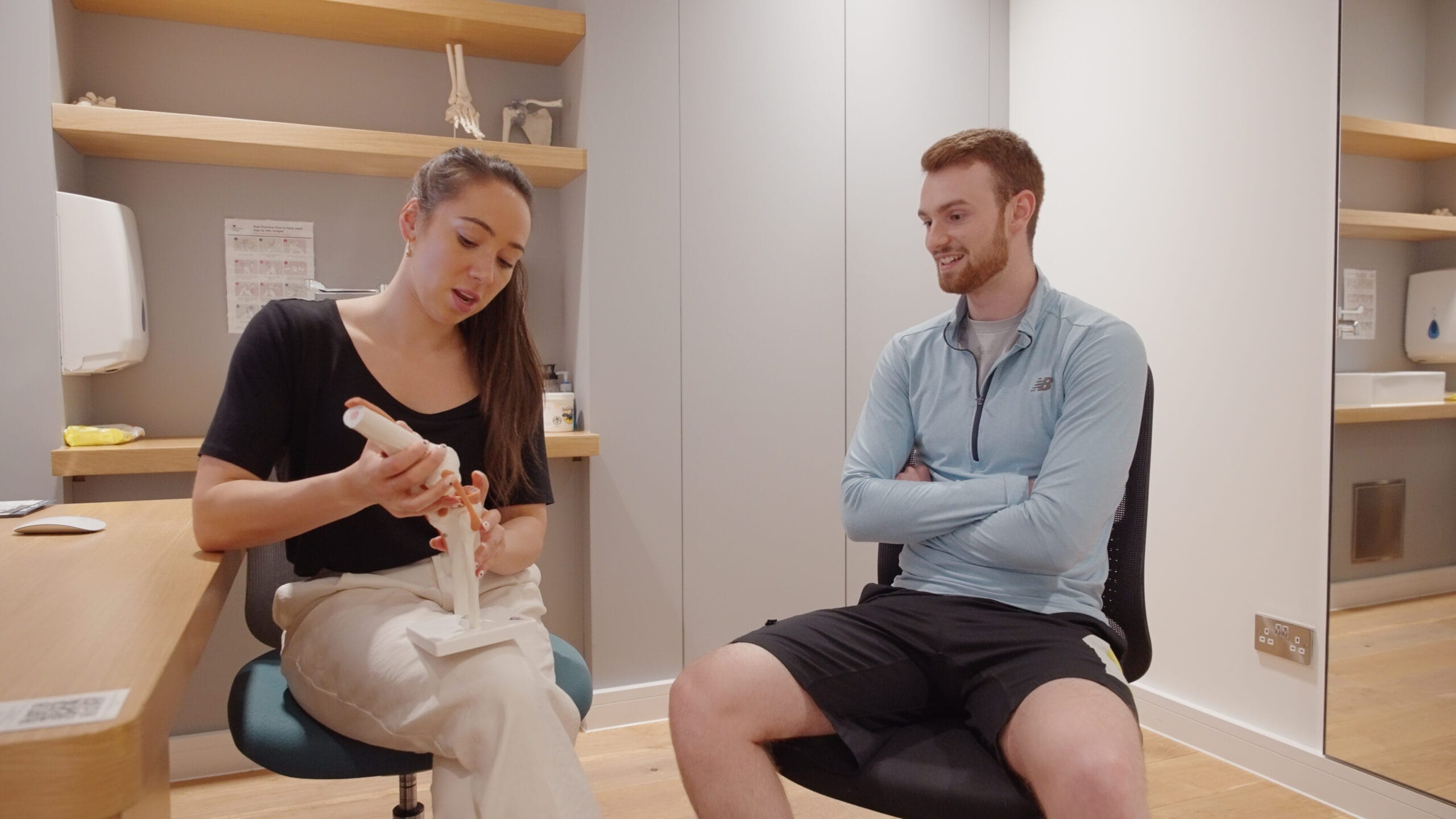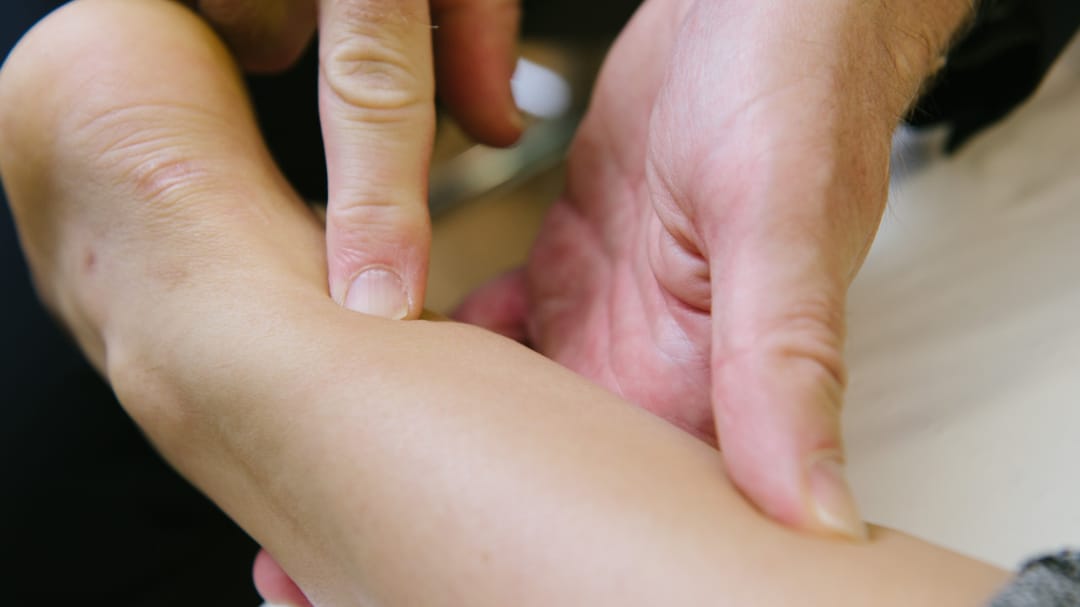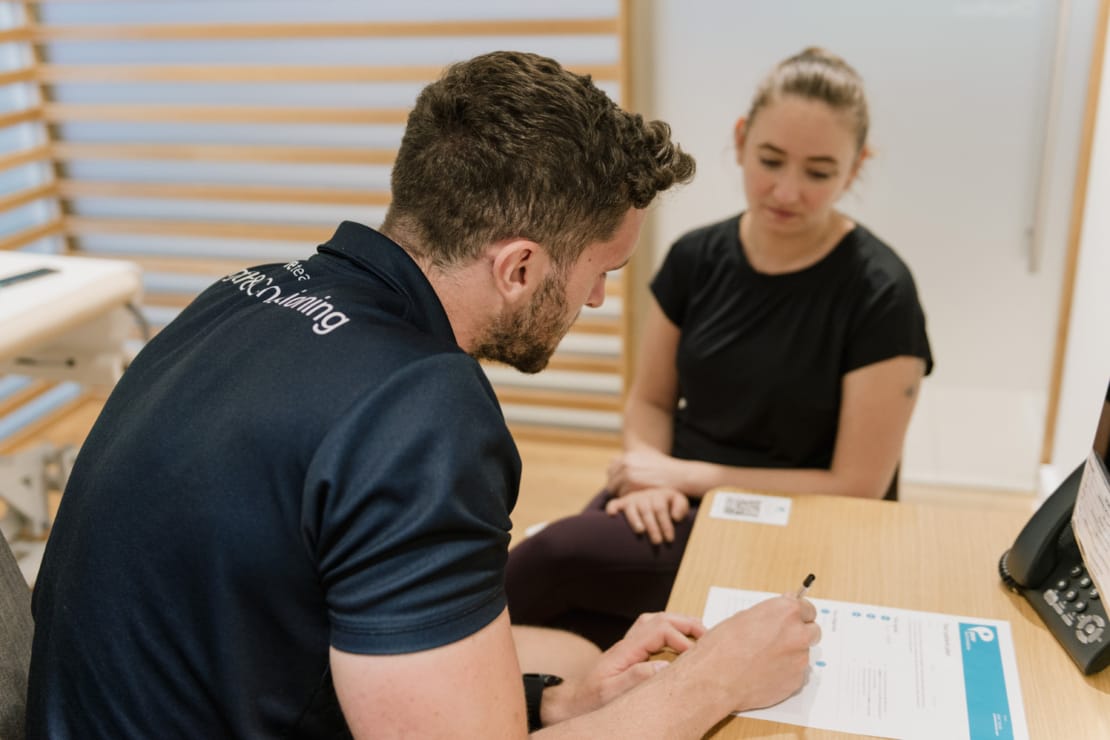The Team Behind The Team

Claire Small
Chief Clinical Officer & Consultant Physiotherapist
- 2 January, 2019
- Team
- 3 min read
Everyone has heard the phrase “the team behind the team” when we talk about our Olympic Athletes or our National Football Team. However, very few people consider how the same team that helps athletes achieve their lifelong dreams could be available to help them battle an injury, achieve a Personal Best or continue playing the sport they love uninjured.

When we talk about sporting achievements, we think of ‘team’ as both the talented individuals themselves and their incredible coaches (look at the adulation for Gareth Southgate at last year’s World Cup). Yet rarely do we think about the medical team behind the scenes that have managed the players injuries, got them back on the pitch and ensured they were both physically and mentally strong enough to compete.
The English Institute of Sport has a staff of over 350 medical and fitness personnel – a clear indication of the importance a medical team play in achieving sporting success.
Articles promoting the latest “experts” in the world of medicine and fitness often refer to these individuals as one person being able to offer multiple services – and while having an understanding of the breadth of healthcare is beneficial, the vast and ever growing knowledge base for medicine and fitness means that many people end up being “jack of all trades and master of none”. If this approach really delivered the best outcome, surely professional sports teams would have just one “guru” rather than a team focusing on their specific area of expertise.
Equally, you can’t just throw a bunch of superstars together and expect them to perform as a team. In that scenario, you end up with everyone thinking they know best, thinking only they really know what is needed to win the game and thinking they can do it by themselves. And chaos ensues, no one listens to anyone else, no one is really interested in what the team needs to do to win – it becomes about the individuals and their egos.
And if egos are big in sport – they are nothing compared to medicine and the health and fitness industry. True teamwork requires egos to be set aside and for the focus to be entirely on the athlete. In these situations, medical professionals need to recognise that they don’t know everything. They need to listen to each others opinions and work collaboratively in the best interests of the team, also involving the athletes in the decision making process.
Like the best sports teams, everyone in an excellent medical team knows their role in the team. There may be a leader or captain, but everyone on the team has their own area in which they specialise. Treatment decisions aren’t dictated to the rest of the team by the Doctors or physios. The Strength and Conditioning Coaches decide what the players need to do to be strong and fit, the Dietitian decides what they need to eat to ensure they build muscle mass or maintain adequate energy levels throughout a game, the Soft Tissue Therapists decide what body region a player needs releasing and how often – because these are the areas in which they are experts.
Not only does the team approach have the benefit of bringing specific expertise together, it also brings different experience together. Most medical teams are made up of individuals who have worked in a variety of sports and with a variety of different athletes. This means they can bring experience from one sport into another, an especially useful skill when unusual injuries or problems are encountered.
At Pure Sports Medicine, we have taken this concept of the team approach and applied it to treatment for the general public. The team behind the team, born out of sport but a model for everyone. We believe delivering the best comes through highly coordinated medical and rehabilitation services.

Advice
Over the last 20+ years our experts have helped more than 100,000 patients, but we don’t stop there. We also like to share our knowledge and insight to help people lead healthier lives, and here you will find our extensive library of advice on a variety of topics to help you do the same.
OUR ADVICE HUBS See all Advice Hubs

